6 min read
3D Printing and Nanotechnology
3D printing and nanotechnology are two fields of research and innovation that, at first glance, might appear worlds apart. The former focuses on...
2 min read
![]() Weerg staff
:
Jul 21, 2021
Weerg staff
:
Jul 21, 2021
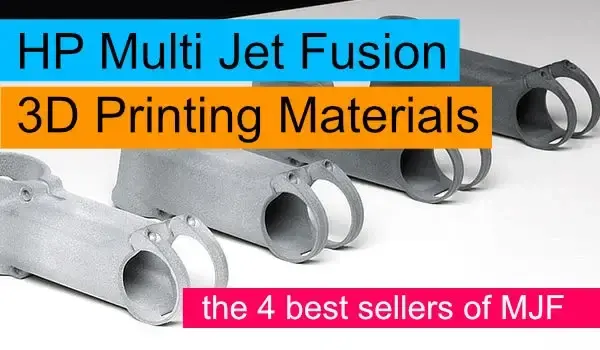
With HP's introduction of Multi Jet Fusion technology, many things have changed in the 3D printing industry: the production capacity often 10 times higher than the old SLS technology, an uptime close to 100%, a very affordable production cost, but above all the production of excellent functional pieces, are greatly expanding the sectors where 3D printing has become convenient both from a technical and an economic point of view.
Let's see together what are the most used and effective materials of this technology.
With this material you can get robust thermoplastic high density parts with balanced property profiles and strong structures and provides good chemical resistance to oils, greases, aliphatic hydrocarbons, and alkalies.
Ideal for complex assemblies, housings, enclosures, and watertight applications. The versatility of this economical and light material makes it capable of competing in cost and quality with injection molding.
Find out more on this article: Injection molding vs. MJF 3D printing: which is better?
Thanks to its properties, nylon PA12 make up about 80% of all MJF 3D printing production.
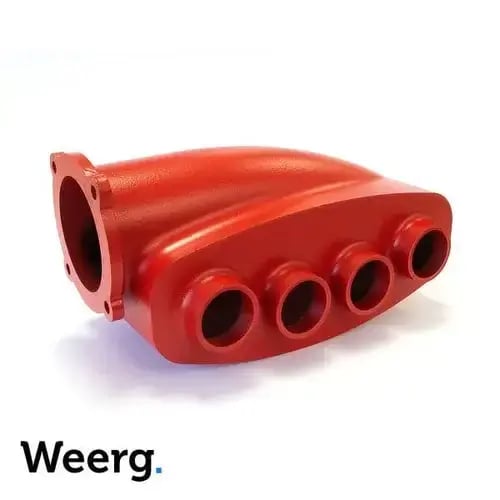
Nylon PA12 final parts and functional prototypes with fine detail and dimensional accuracy and, moreover, easy to finish with a good acrylic paint. Quote instantly your PA12 part
Stunning detail, the best in MJF 3D printing, and moreover stiff, dimensionally stable, top quality parts.
It greatly reduces the warping problems of pieces with large planar surfaces.

Nylon PA12 glass beads 40%: the second MJF best seller material offers stiffness and dimensional stability. Quote instantly your PA12 glass beads 40% part
It provides an enhanced elongation-at-break and therefore impact resistance and ductility perfect for automotive interiors, prostheses, insoles, sports goods, snap fits, living hinges, and more.
To learn more: what are the main differences between PA11 and PA12?

Nylon PA11: the main property is the impact resistance. Quote instantly your PA11 part
Top chemical resistance, weldability and very low moisture absorption for prototypes and functional parts.
Ideal for a wide range of automotive, industrial, consumer goods, medical applications.
Read more: What are the advantages of polypropylene?

Polypropylene PP: easy to finish as the others MJF materials it offers . Quote instantly your PP part
There is no doubt that HP Multi Jet Fusion technology has revolutionized the 3D printing sector with its ability to produce not only perfectly functional prototypes but also runs in a few days and at competitive costs (and with much simpler design) compared with the injection molding.
Let's take a summary look together with the characteristics of the main HP multi jet fusion materials to choose the best for our projects:

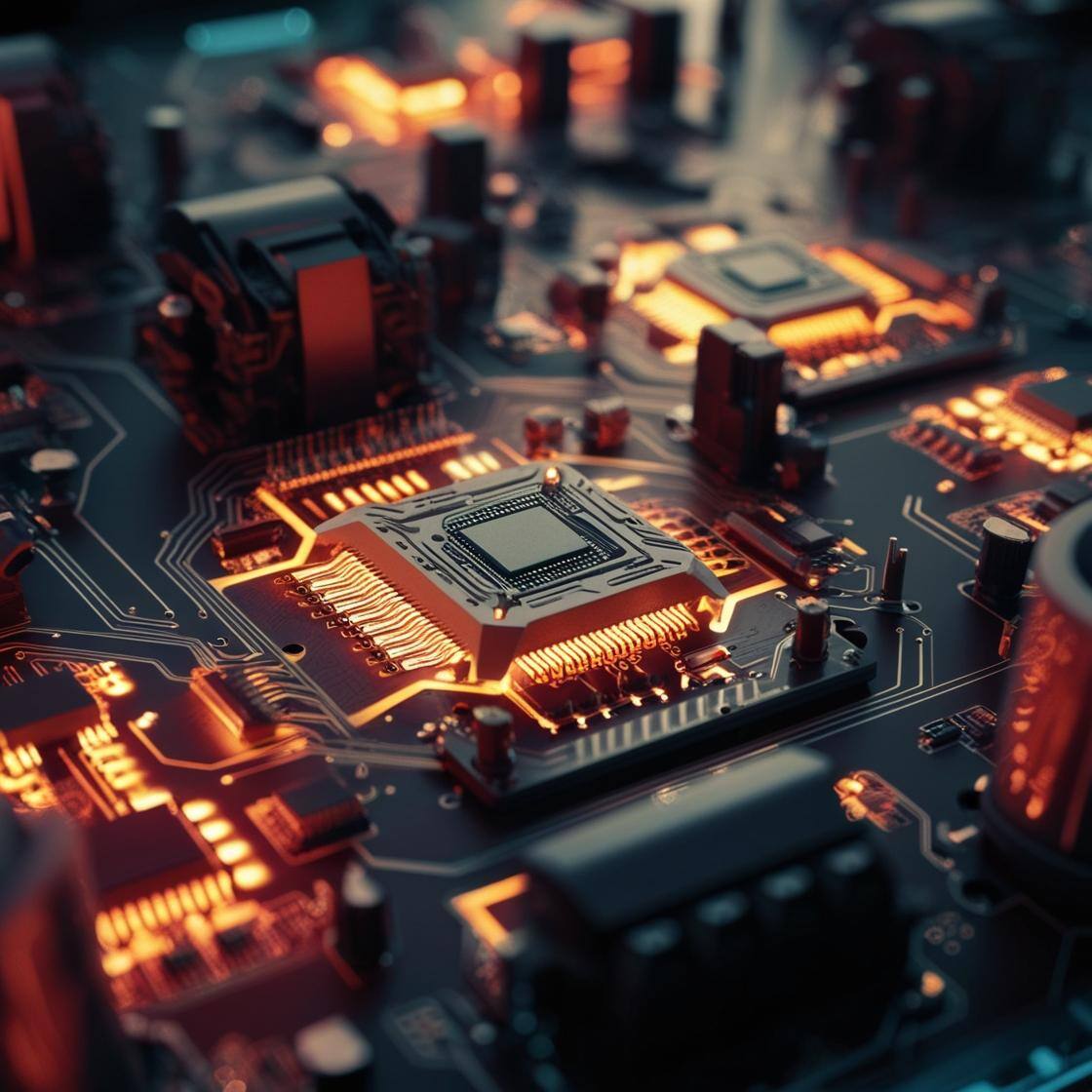
6 min read
3D printing and nanotechnology are two fields of research and innovation that, at first glance, might appear worlds apart. The former focuses on...
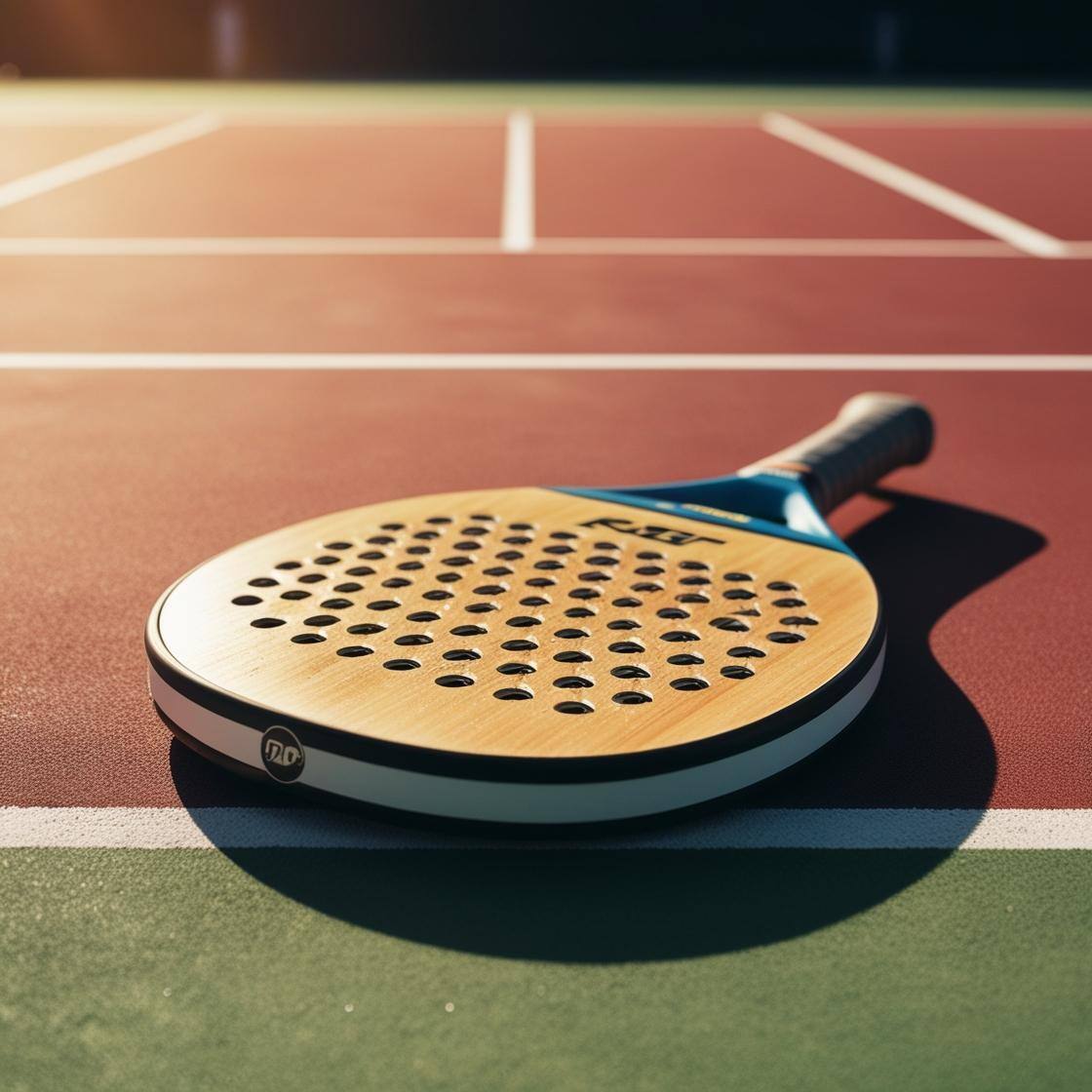
6 min read
Padel has seen exponential growth in Italy and worldwide in recent years. A glance at sports clubs in major cities and smaller towns alike reveals an...
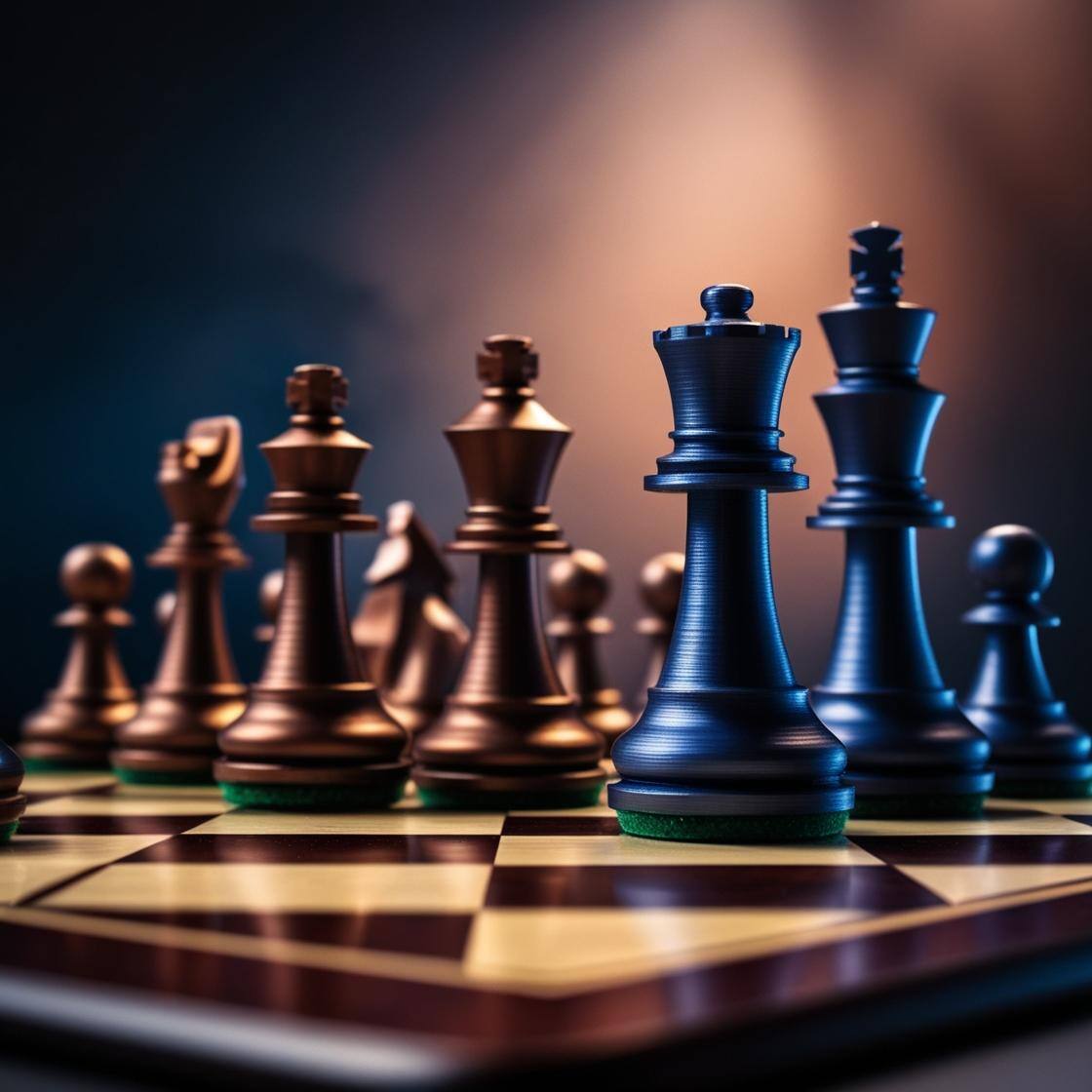
6 min read
The game of chess boasts a history spanning millennia, seamlessly merging art, strategy, and culture into a singular experience that has captivated...